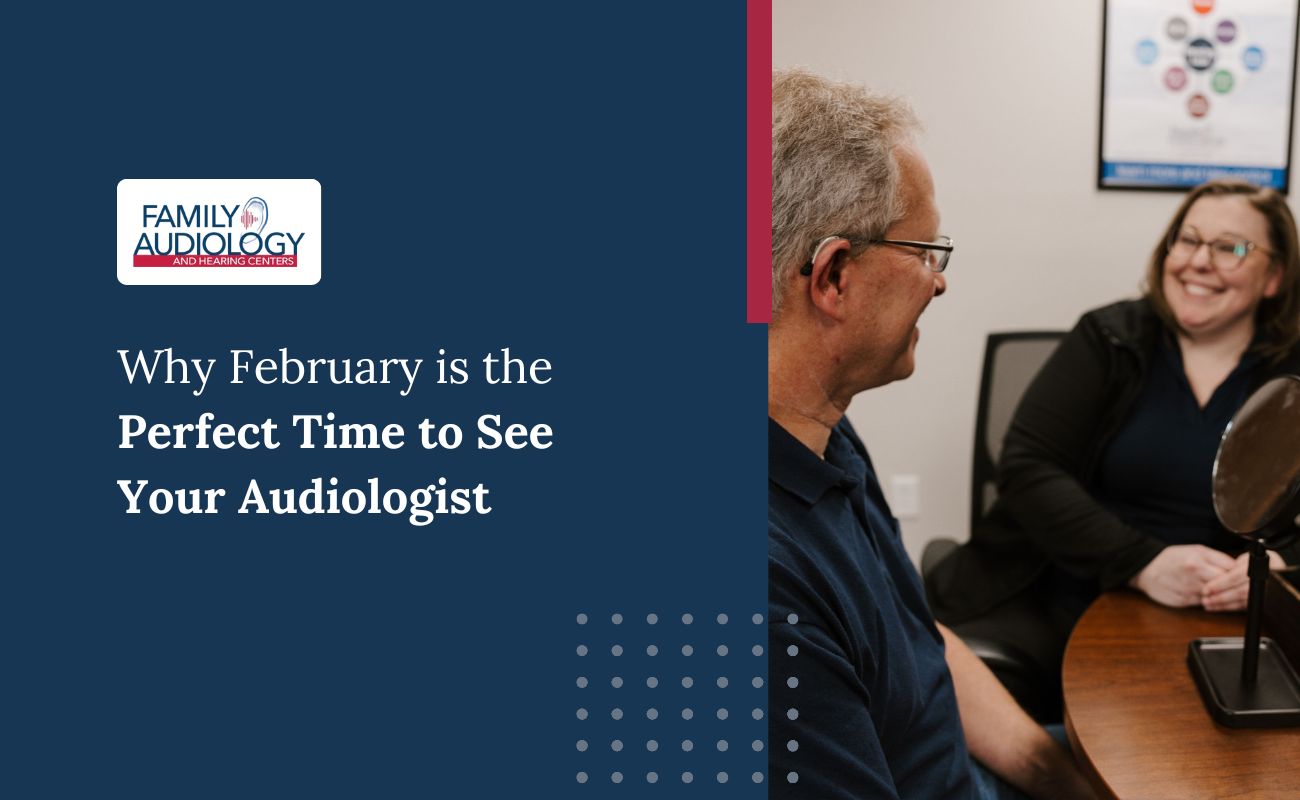Sudden Dizziness: Essential Tips for Vertigo & Balance Issues



Sudden dizziness or balance issues can be alarming and disorienting. Whether you're standing in line at the grocery store, driving, or simply sitting at home, a sudden episode of dizziness can make it difficult to function and even pose a danger. Unexpected bouts of dizziness or balance can cause falls and injuries, which could result in minor bruises or scrapes or even more serious injuries such as broken bones or head trauma.
Understanding what to do in these situations can help you manage the episode safely and effectively. Dizziness can be a health issue, which is why seeking the expertise of a Doctor of Audiology or ENT is a good course of action.
Understanding Sudden Dizziness
Dizziness can manifest in several ways, including lightheadedness, a spinning sensation (vertigo), unsteadiness, or a feeling of floating. It can be caused by various factors, including inner ear problems, medication side effects, dehydration, low blood sugar, or more serious conditions like heart disease or stroke. When dizziness becomes a regular issue you are experiencing, and given the wide range of potential causes, it is crucial to address sudden dizziness promptly and seek professional help if necessary.
Immediate Steps to Take When Dizziness Strikes
If you experience a sudden onset of dizziness or balance issues, follow these immediate steps to ensure your safety and begin managing the episode:
- Sit or Lie Down Safely
- Sit Down Immediately: If you feel dizzy, the first thing you should do is sit down to prevent a fall. If possible, lie down in a comfortable position with your head elevated slightly.
- Avoid Sudden Movements: Sudden movements can exacerbate dizziness. Move slowly and deliberately to avoid worsening the symptoms.
- Stay Hydrated
- Drink Water: Dehydration is a common cause of dizziness. Drink a glass of water to help rehydrate your body. Avoid alcohol and caffeine, as they can dehydrate you further.
- Electrolytes: If you've been sweating excessively, consider drinking an electrolyte solution to replenish lost minerals.
- Breathe Deeply and Relax
- Deep Breathing: Take slow, deep breaths to help calm your nervous system. This can reduce anxiety and help stabilize your condition.
- Relax: Try to stay as calm as possible. Anxiety can increase the sensation of dizziness, making the episode feel more severe than it is.
- Focus on a Fixed Point
- Visual Stability: Focusing on a fixed point in the room can help stabilize your vision and reduce the spinning sensation associated with vertigo.
- Close Your Eyes: If focusing on a fixed point doesn't help, try closing your eyes and taking deep breaths to reset your balance.
- Check Your Environment
- Sit in a Safe Place: Ensure you are in a safe environment where you won't fall or bump into anything if you need to move.
- Avoid Driving: If you are driving when dizziness strikes, pull over safely and wait until the episode passes. Do not attempt to drive until you are confident the dizziness has subsided.
When to Seek Immediate Medical Attention
While many episodes of dizziness are not life-threatening, certain symptoms indicate a need for immediate medical attention:
- Severe Headache: If your dizziness is accompanied by a severe headache, it could indicate a more serious condition such as a stroke or aneurysm.
- Chest Pain: Dizziness along with chest pain may signal a heart attack. Seek emergency help immediately.
- Difficulty Breathing: If you are having trouble breathing, this could be a sign of a severe allergic reaction or other serious conditions.
- Fainting: If you faint or lose consciousness, seek medical help right away.
- Neurological Symptoms: Symptoms such as numbness, weakness, or difficulty speaking could indicate a stroke.
Schedule a Balance Consultation with an Audiologist
Sudden dizziness and balance issues can be frightening and disorienting, but knowing how to respond can help you manage these episodes safely, especially considering the potential risks of falls and injuries associated with balance problems. If you experience frequent or severe dizziness, it’s crucial to seek professional help to determine the underlying cause and receive appropriate treatment.
Discover the Latest Articles
Stay informed with our informative articles.

Why February is the Perfect Time to See Your Audiologist
.jpg)
What Your Audiologist Checks During a Comprehensive Hearing Evaluation

How AI Technology Is Transforming Hearing Aid Performance
Contact your local Hearing Aid Specialists
At Family Audiology and Hearing Centers, we strive to be there for all your family’s hearing needs. Because of this, we have 17 convenient locations in Ohio and Wisconsin for you to visit. See which location is best for you and schedule an appointment today.

